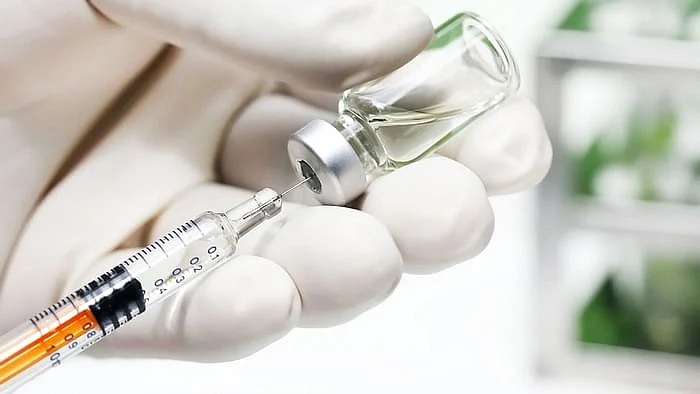
Oxford COVID Vaccine Prompts Immune Response in Old & Young Adults
Such results are reassuring since immunity tends to weaken with age, even as older adults are at high risk of death.

advertisement
The Oxford-AstraZeneca vaccine has been found to produce a similar immune response in older and younger adults, and is associated with lower adverse reactions among the elderly, AstraZeneca said on Monday, 26 October.
According to a Reuters report, a spokesperson from the British drug-maker company stated, “It is encouraging to see immunogenicity responses were similar between older and younger adults and that reactogenicity was lower in older adults, where the COVID-19 disease severity is higher.”
Such findings are reassuring because immunity tends to weaken with age, which means that a vaccine may fail to protect those who are, in fact, at a higher risk of death from COVID-19.
Earlier in the day, The Financial Times reported from early results that the vaccine triggers protective antibodies and T-cells in older age groups, citing two people familiar with the finding.
The results from immunogenicity blood tests carried out on a subset of old patients corresponded to data from July that showed the candidate generated ‘robust immune responses’ in a group of healthy adults aged 18-55.
While the results are encouraging, they cannot guarantee that the vaccine would eventually be effective and safe among older individuals. A complete assessment would have to be made once the full trial data and the findings are published in a clinical journal.
This means the vaccine resembles the coronavirus and the immune system can learn how to attack it.
The late-stage trials of the vaccine, which is at one of the most advanced stages of development compared to other vaccines in the world, had been paused earlier after a study subject in Britain developed an illness, but are now back on track.
(With inputs from Reuters and The Financial Times)
(The article was first published in FIT and has been republished with permission)
(At The Quint, we question everything. Play an active role in shaping our journalism by becoming a member today.)
- Access to all paywalled content on site
- Ad-free experience across The Quint
- Early previews of our Special Projects
Published: undefined